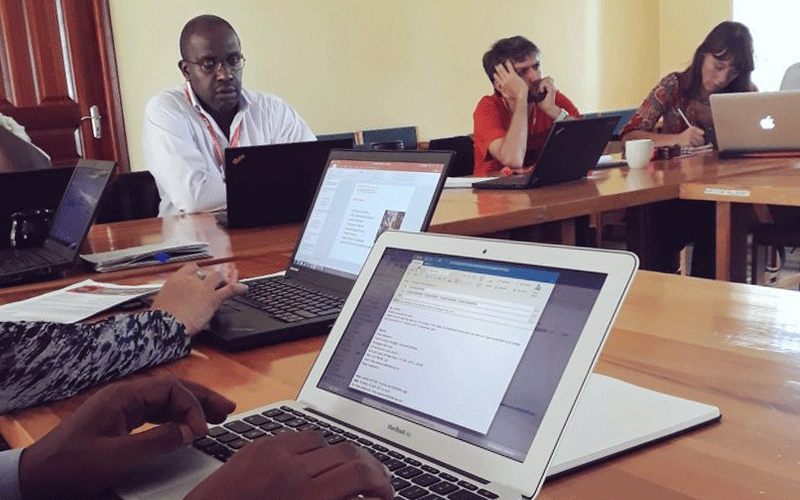Innovation in training key to economic growth
By Phyllis.Wakiaga, March 30, 2022Everyday, we read or hear of specific skills required for one to meet the requirements of certain jobs. Indeed, there are many people who have asked, why these specific skills?
Skills are integral to the continuity of any business, more so in the global economy. Specifically, competitive skills are key to industrialising our nation. They are not only essential in turning the country into a global manufacturing hub but also drive fresh impetus into our economy.
Competitive skills refer to the right quality of skills, at the right cost, and available when needed. These skills are essential in addressing the opportunities and challenges to meet new demands of changing economies and new technologies in the globalisation context.
The manufacturing sector remains a big contributor to job creation, which is in turn considered a major driver for economic development and realisation of Vision 2030.
To achieve this reality, there is increasing demand for skilled workers in industries in Kenya, as well as a demand for improved quality of goods and services that meet both local and international standards. However, our education system is failing to meet the market needs, as it does not prepare labour entrants with appropriate skills despite the quantity of graduates rising rapidly. More so as manufacturers seek workers with either technical skills set or possess trade-based skills.
Kenya Association of Manufacturers (KAM) acknowledges this need. Through its Technical and Vocational Education and Training (TVET) programme, it addresses low levels of employees’ skills. The Association is actively involved in the promotion of youth employment and vocational training program, through the support of the German Federal Ministry for Economic Cooperation and Development, implemented through the Deutsche Gesellschaft für Internationale Zusammenarbeit (GIZ) GmbH.
Part of this entails cooperation between government, industry and vocational training institutions to address youth unemployment and demand for skilled workers in industries to guarantee sustainable economic development. For instance, in close cooperation with Kiambu Institute of Science and Technology – one of the training institutions under the programme –KAM is creating linkages for trainees in the industrial mechatronics space, to learn through a structured and practical in-company training experience.
So far, we have witnessed increased engagement of industry to improve the content and quality of training delivery. Specifically, influencing curricula and ensuring industry led occupational standards are included within the training content and provision of work-based learning slots at industry for students.
Additionally, industry has participated in building the capacity of trainers from the participating training institutions. To sustain the process, industry holds continuous engagement with training institutions, advising on learning outcomes and how to best achieve them both in class and in industry.
Scaling up such initiatives nationally will ensure technical training institutions are able to provide industry-relevant training matched with hands-on experience. As a result, training costs for industry will reduce, while increasing the number of technical graduates entering into formal and self-employment.
It is also critical that we increase formal certification of industry experts and self-employed manufacturers who have learnt through apprenticeship. This can be realised by recognising Prior Learning Assessment and Recognition under both Competency Based Education and Training and National Industrial Training Authority by industry assessors and verifiers. This formal certification provides opportunities for SMEs to scale up and career progression for various TVET graduates in industry.
It is undeniable that investments in vocational training to produce relevant skills for the labour market must go beyond effective policies, provision of training materials, and the review and improvement of training curricula. We call upon industries to support more in-company training opportunities in a variety of occupational areas in order.
—The writer is the Chief Executive of Kenya Association of Manufacturers — ceo@kam.co.ke
